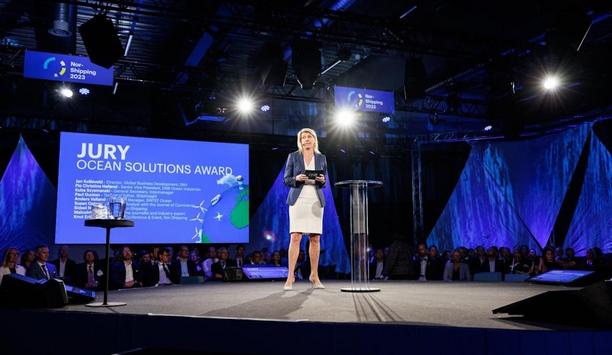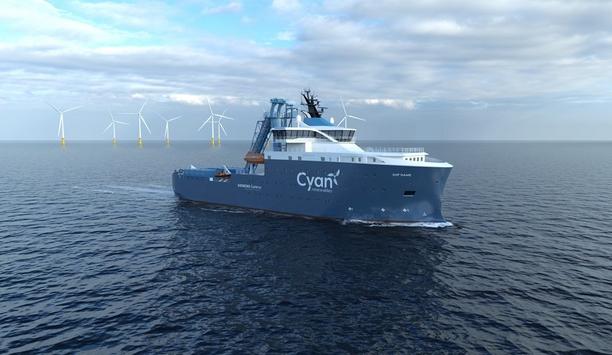Inmarsat Maritime, a Viasat company, has launched a new report Digital Wave: Transforming Vessels into Floating Offices and Remote Homes. The report explores the growing importance of ‘always-on’ onboard connectivity as ships and their crew become increasingly reliant on digital technology.
In an era that sees ships functioning as ‘floating offices’, a reliable network connection optimises vessel operations and enhances life on board. Equally, the consequences of any loss of connectivity on safety, efficiency, and seafarer welfare can be severe.
Emerging technology trends
Compiled by maritime technology research firm - Thetius, the report draws on interviews and survey data to provide insight into how crews and shore-based teams are using digital technologies. It begins by examining emerging technology trends: specifically, how ships are becoming floating offices and the resultant demand for collaborative and always-on software.
89% of the seafarers surveyed in the report rely on connectivity for both work and leisure
89% of the seafarers surveyed in the report rely on connectivity for both work and leisure, while the remaining 11% can only access the internet for work purposes. On average, the respondents use digital tools for five hours a day while working, with 82% using them to communicate with friends and family in their spare time.
The survey results also revealed that, overall, the crew sees connectivity loss as having a more significant impact on their leisure time than on their working practices.
Cohesive and collaborative approach
The report goes on to describe the importance of a cohesive and collaborative approach to data management based on five supporting factors: a common data language, effortless connectivity for both operations and crew well-being, secure and safe connectivity, globally approved systems, and a willingness to share data.
By encouraging all relevant stakeholders, such as ship owners and operators, charterers and regulatory bodies to contribute to and manage available data, a cohesive approach supports a centralised data management system, fosters innovation and agility, facilitates behavioural change for safety and operational efficiency, and reduces costs, according to the report.
Safe and efficient vessel operations
Ben Palmer, President, Inmarsat Maritime, said: "To fully harness the benefits and steer clear of the potential challenges brought by shipping’s new digital wave, fast and reliable connectivity with consistent global coverage - including in hotspots and remote locations - is indispensable."
He adds, "Inmarsat is committed to supporting safe and efficient vessel operations and crew welfare, delivering the certainty and trust that maritime and offshore enterprise customers expect from a reliable service provider."











